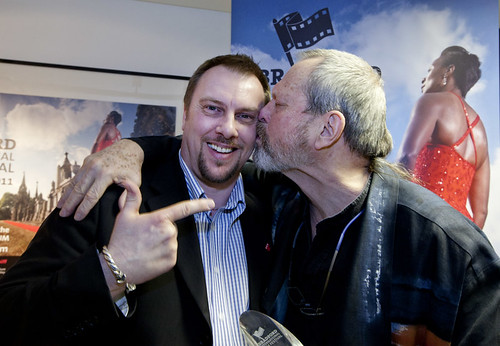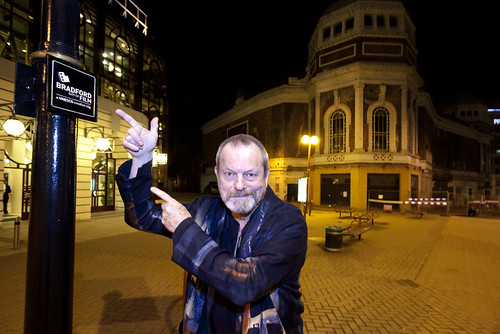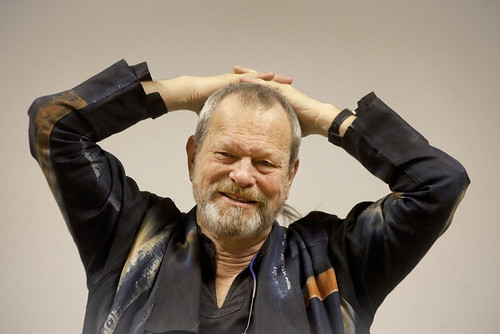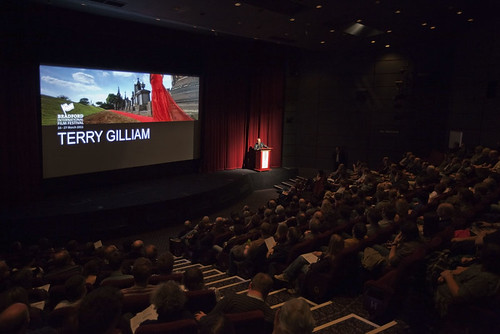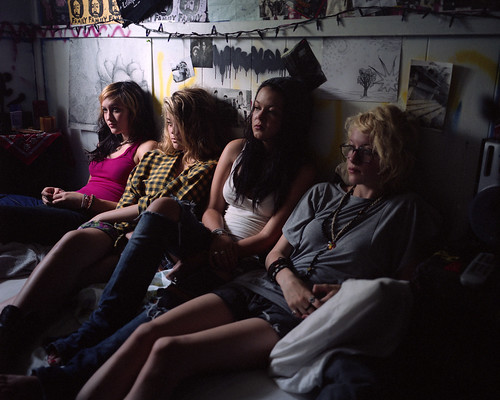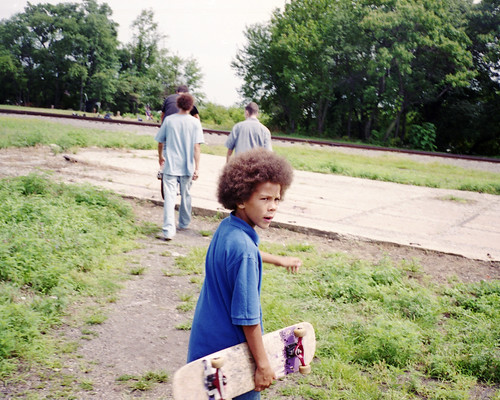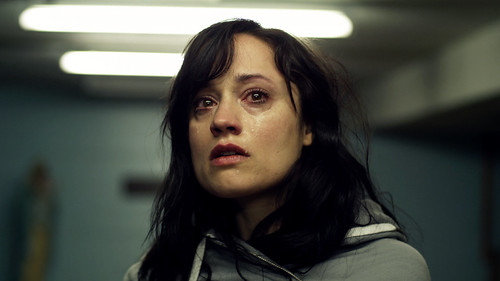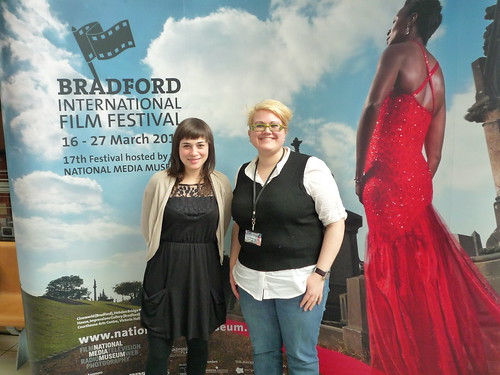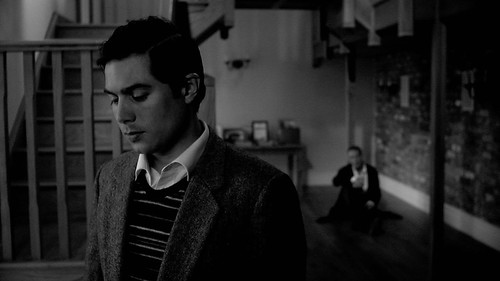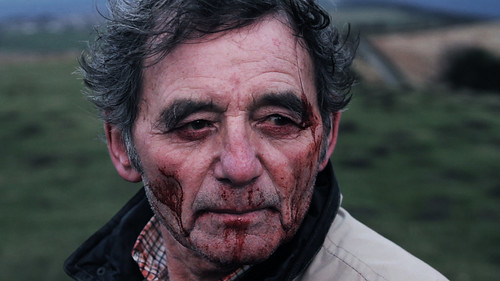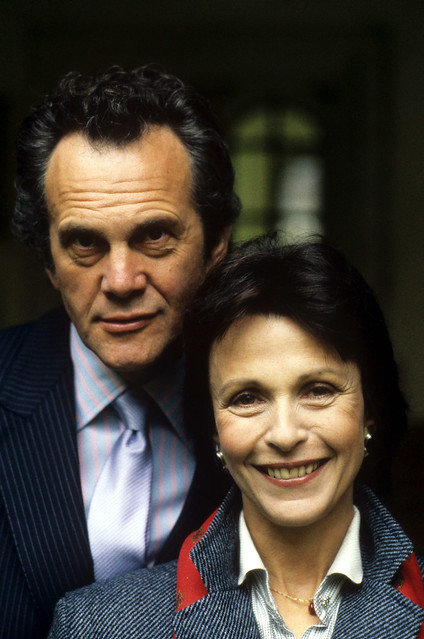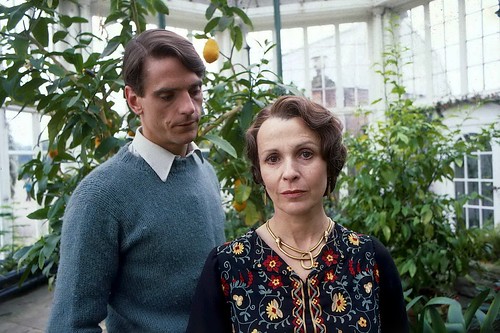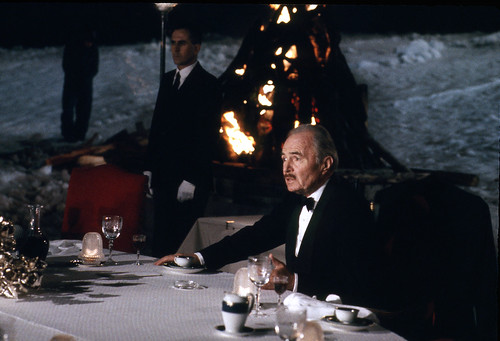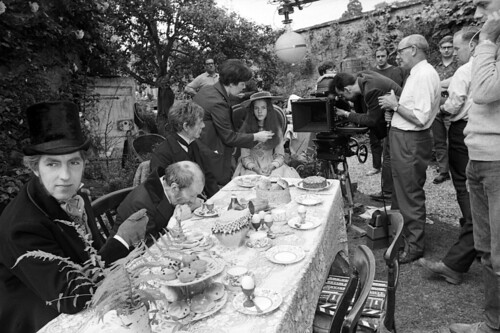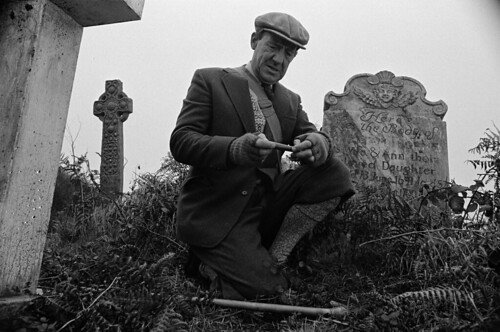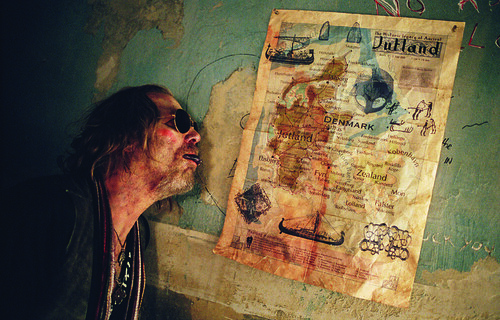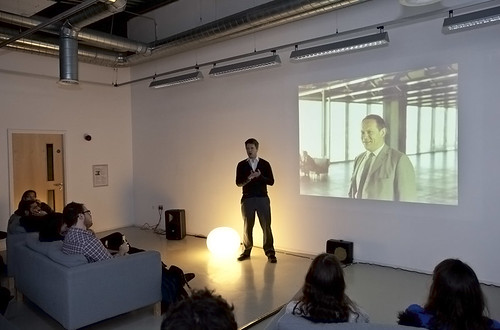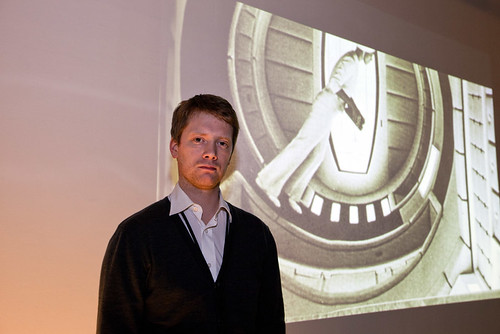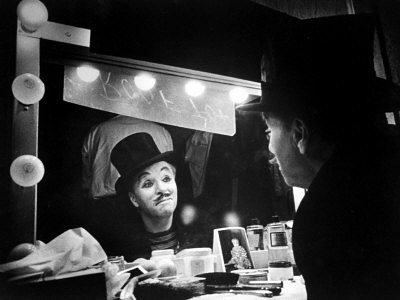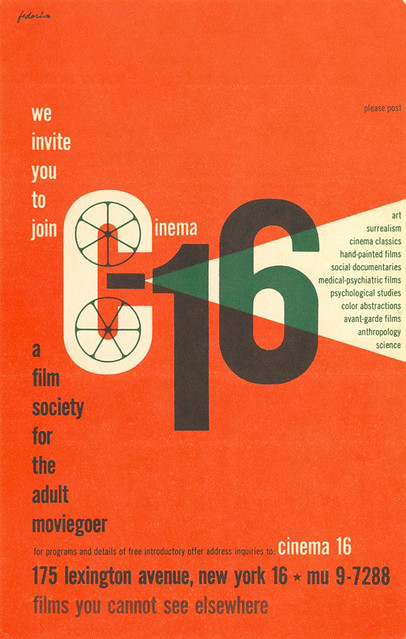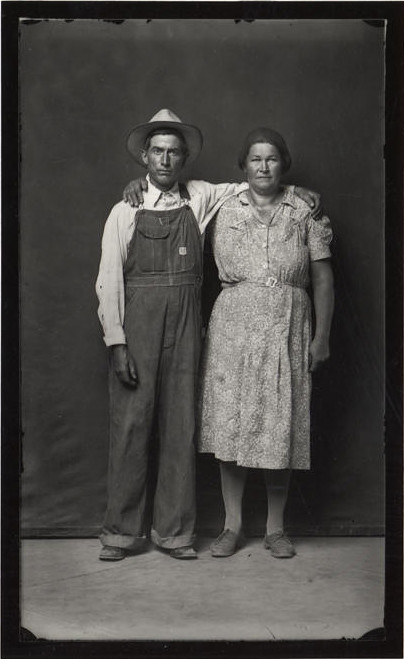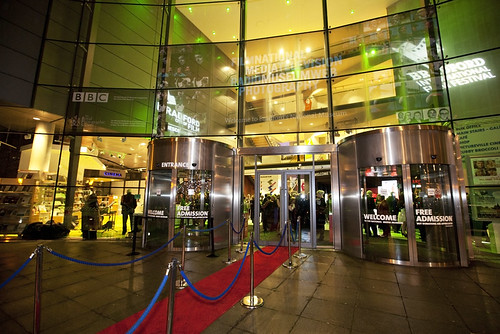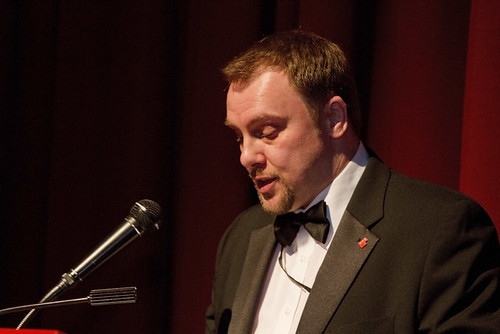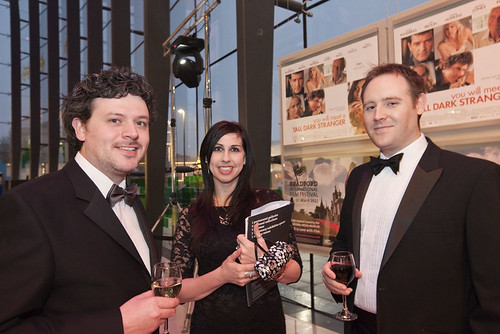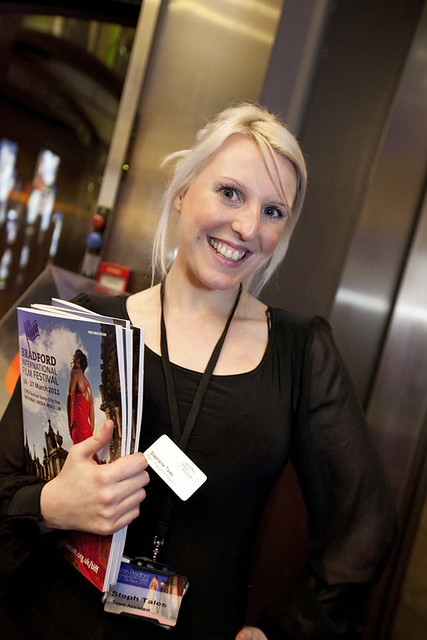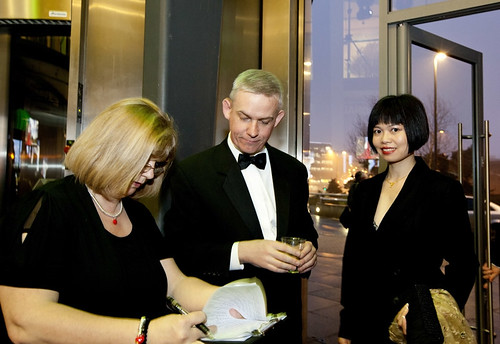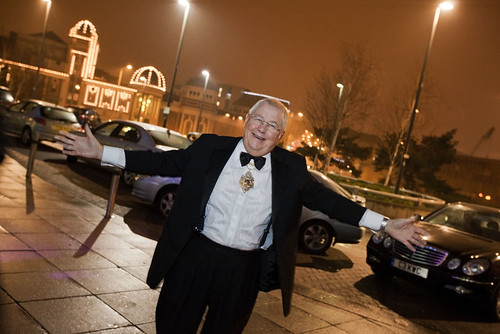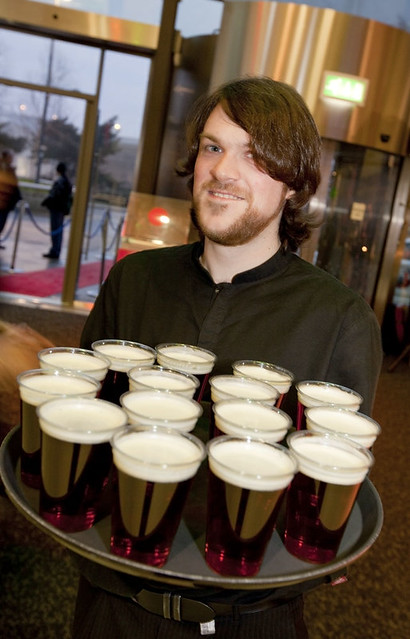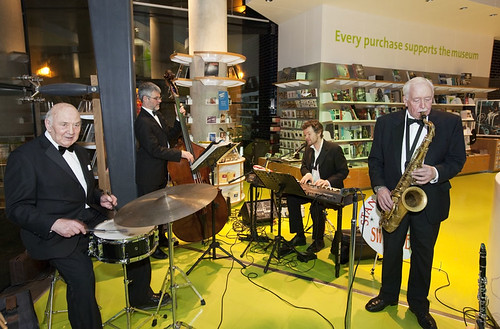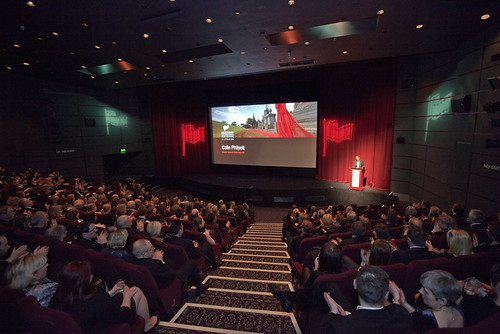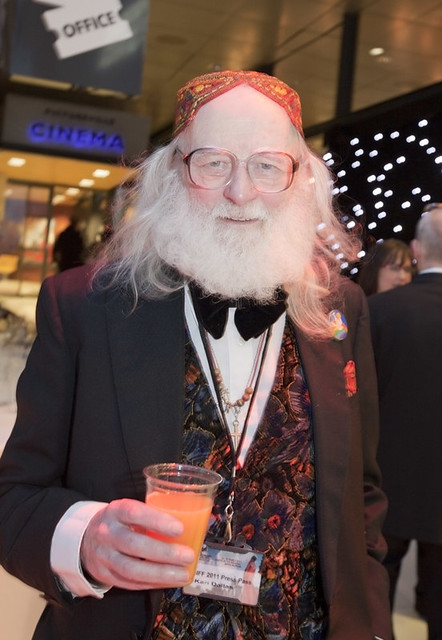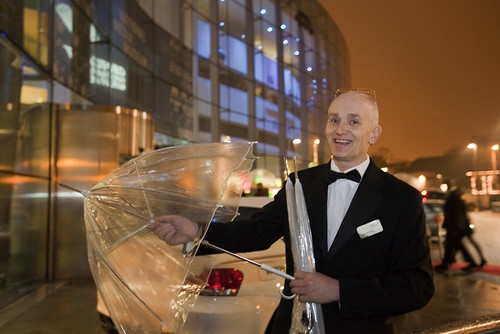Blogger: Lisa Brook, Bradford City of Film / Leeds Film Festival / Fanomenon
Saying that film festivals are "a chance to experience cinema that you otherwise might not see" is both the biggest appeal of film festivals for me and a phrase that has become cliché.
But I repeat that tenet to audiences, press, friends, family, and anyone who will listen to my obsession. Yes, it's about cinema, but BIFF 2011 reminded me that film festivals are about experiences that you cannot get anywhere else; films and frolic in a hazy festival bubble.
With that in mind, my planned list of film reviews is now something a bit different: I give you four BIFF experiences that I probably wouldn't encounter anywhere else in quite the same way as here in Bradford, the first UNESCO City of Film.
1. Being shocked by films screened at a film society that I’d previously never heard of.
Film can and should expose us to anything and everything outside our individual realities. I’m drawn to cinema that subverts, challenges, and is at times difficult to watch, and while this often results in an unhealthy diet of horror and extreme cinema, at BIFF I took a journey into another kind of subversive cinema.
Amos Vogel and the subversive Cinema 16 society was something I knew very little about, and in the festival's tribute to them, I discovered a programme of short films that is as shocking and relevant today as it must have been when the films first screened over half a century ago.

The disturbing dreamlike sequences appealed to me as a David Lynch fan, but the alarming footage of animal slaughter in the dingy abattoirs of Paris brought home that horror exists in the real world, and when a film exposes something both true and horrific, it has the power to shock us to the core.
2. Cheering at 1am with a hundred other gore-hounds as Rutger Hauer asserts that saving the world with a shotgun is "the only way I know how".
How did a film that began as a fake trailer for Tarantino and Rodriguez's Grindhouse double-bill, manage to secure Rutger Hauer (Bladerunner, and genre cinema legend) as its lead - a tramp? Genius casting.
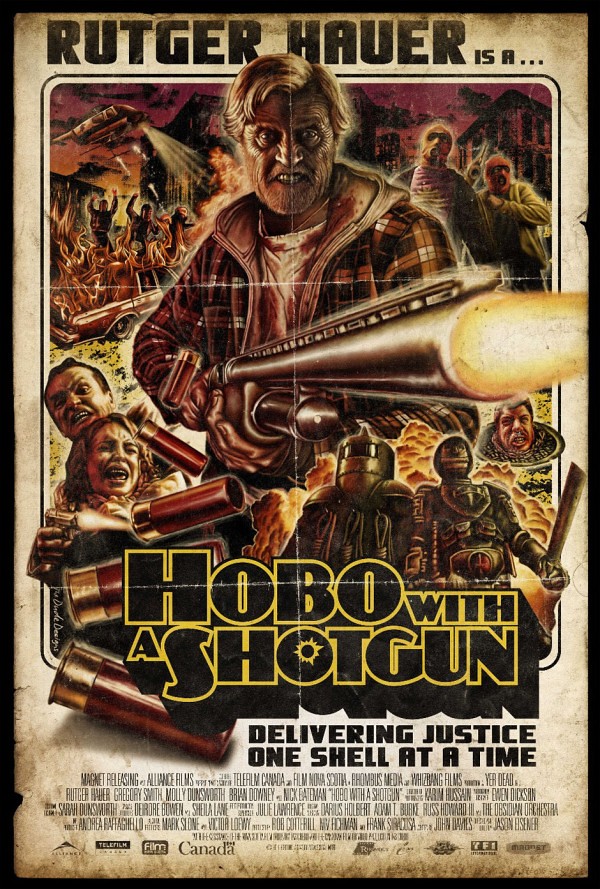
Those of us at the midnight screening of Hobo with a Shotgun were lucky enough to experience the utterly maniacal, blood-soaked, downright offensive yet positively joyous vigilante Hauer.
This is the ONLY film I have ever seen that I could genuinely watch again immediately after, despite it’s early-hours-of-the-morning credit roll. I will be quoting it for weeks, and I urge you to seek it out so you too can experience the mayhem, and feel the power of Hauer!
3. Opening the back door to the panel event at which I'm working, to see Terry Gilliam staring back at me.
Helping to organise a panel on low and no-budget filmmaking which was programmed at exactly the same time as the sold out Terry Gilliam Screentalk was naturally a concern, but one I needn’t have worried about. The draw of industry figures like Nik Powell (Oscar-winning producer of The Crying Game) and Marc Price (director of the £45 zombie movie Colin which has secured distribution around the world) brought a full-house to our event, regardless.
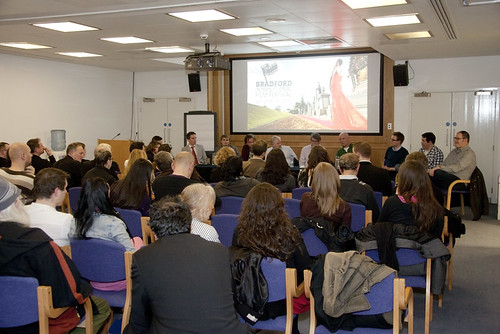
About an hour in, after we’d considered inventive ways of coming up with a budget (including remortgaging houses: very hard times...) and how to avoid trouble with the police during a shoot (some interesting stories there...) I opened the back door to check that everything was ready for the networking session, and Terry Gilliam was standing on the other side.
I managed not to ask him what he was doing here, (a wander during the screening of Time Bandits, in case you were wondering), and heads began to turn as in he came.
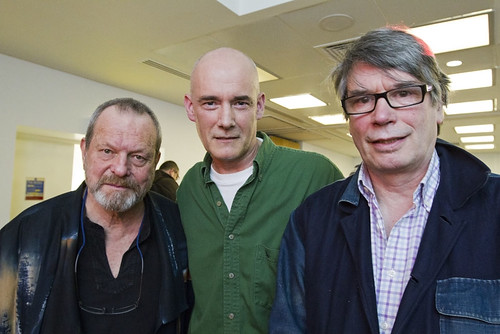
Confirming all reports that he is indeed a genuinely lovely man, Terry got involved with our little event, and was happy to chat to everybody before making it back to Pictureville for his Screentalk. What a guy! Thank you, BIFF, and thank you, Terry. A serendipitous occurrence for everyone who passed up Terry’s Screentalk to attend. Amazing.
4. Going into Pictureville Bar knowing there will be someone who wants to talk about how "their BIFF" is going.
Festivals are personal. Making a selection from 200 films screened this year means you can tailor your own experience, and that itself is part of the festival experience.
To see so many people planning their festival, perusing brochures, or with laptops out frantically blogging and tweeting, and to talk to them about how you’re doing exactly the same gives a festival its sense of community. We may fall in love with film together, but the individual experience of BIFF 2011 will always be mine.

